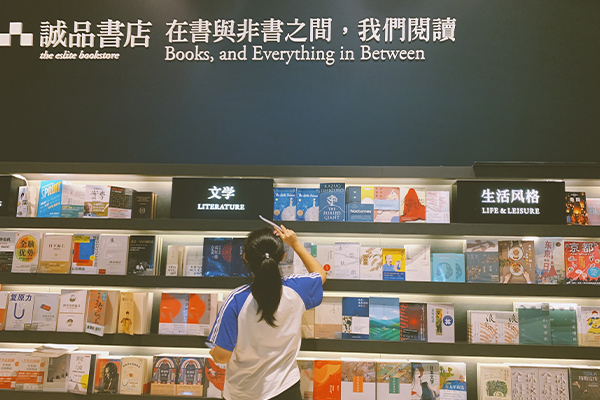This image is about one of the longevity techniques used by the Daoist communities and they are making cinnabar or elixir. At that time, the inner alchemy prevails among the Daoist communities and Daoist clerics believe that alchemy can really play a crucial part in ensuring their longevity. Actually, Daoist clerics are finding all kinds of possible ways in order that they can really reach longevity and it turns out that they have carried out various ways in the reality.
Qi (Chi) refers to the air, the gas and it is the vital energy or energy for life. And the relationship between Qi and Dao is just like microcosmic and macrocosmic and Qi has greatly influenced Dao. As a matter of fact, the conception of Qi motivated Daoist clerics to initiate a wide range of longevity techniques. Firstly, the ingestion of eight qi is believed to make people immortal so that it motivates the early Daoist dietary practices afterwards. That is to say, to change dieting in order for longevity can be seen as one of the ways that Qi has motivated Daoist clerics to launch the longevity techniques. Apart from that, the lineage of alchemical seekers who rejected ordinary society and pursued immortality with longevity techniques and chemical concoctions is a result of the Qi’s influence. In this sense, we can say that it is due to Qi’s influence that motivates Daoist clerics to make cinnabar or elixir, contributing to the popularity of alchemical immortality among the Daoist clerics for a period. Moreover, Daoist clerics have also turned to Lingbao talisman for help in order to pursue immortality and it is about the Lingbao or Numinous Treasure school. People in this school believe in the magic of Lingbao spells and talisman so that they implement it in the reality.
Concerning how the conception of Qi motivated Daoist clerics to initiate a wide range of longevity techniques, what is a must to mention is two of the highest nine precepts in the doctrines and practices of the Daoism, which are “Do not waste your essence or qi” and “Do not harm the dominant qi”. From these two precepts, we can know clearly as for the great significance that Qi has exerted on Daoist clerics and why the Daoist clerics will follow so strictly in pursuing longevity. Accordingly, two Daoist communities arise and they are respectively the shamanistic practices in the Pre-Qin period and the early Daoist communities in the later Han dynasty, the members of which are commoners and peasants. At the same time, the two major organizations are Taiping Dao (Dao of Great Peace) and Tianshi Dao (Dao of Celestial Masters). For one part, the Taiping Dao is the party that launches the Yellow Scarf/ Turban Rebellion. For another, the Tianshi Dao serves as the adviser to the ruler.
In addition to that, what will be mentioned is the Daoist divinities, which includes natural gods, ancestors, ghosts and demons. The Daoist divinities can transform shamanistic rituals into something less bloodthirsty. At the same time, the idea of becoming one with nature can as well indicate the influence of Qi toward Dao. It can be understood in this way that Qi is the the air, the gas and it is together with the nature, which fits in quite well with the idea of becoming one with nature.

